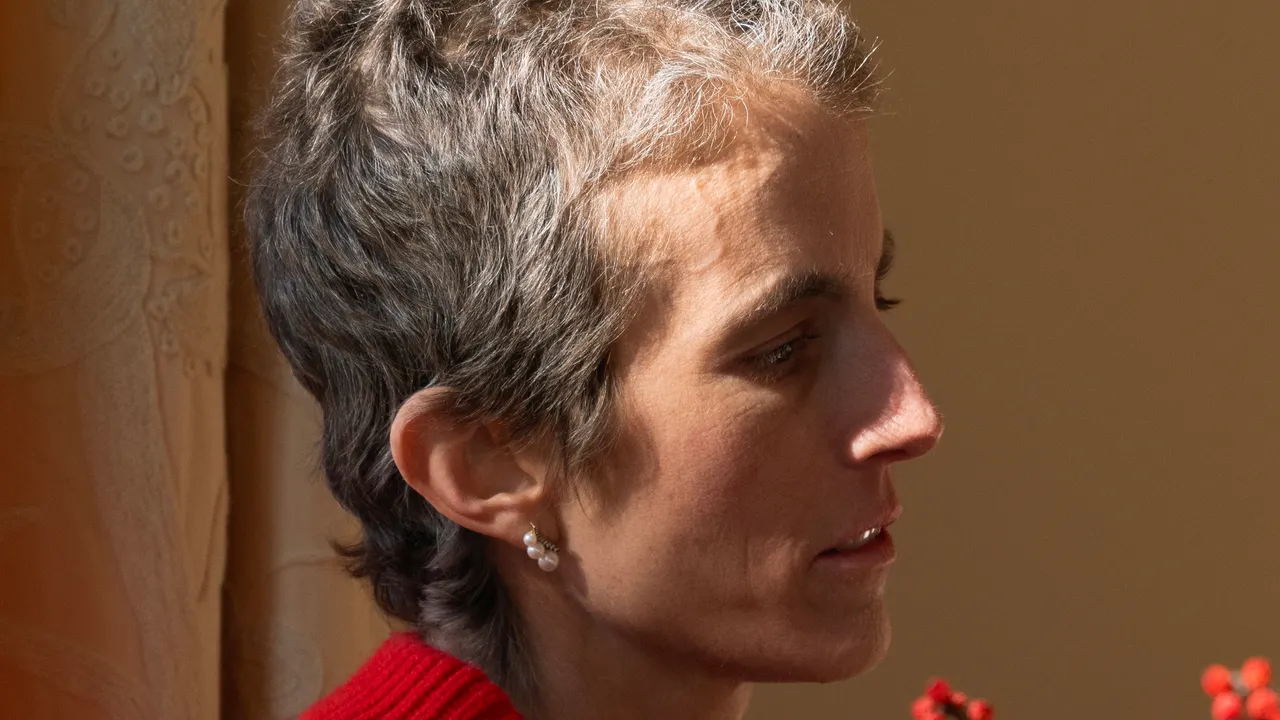A Personal Fight Against Cancer and the Fragile State of Medical Research
Tatiana Schlossberg’s battle with cancer reveals deep concerns about the U.S. healthcare system and scientific research funding. As she faced her illness, the stability of medical support and research, critical to her survival, felt uncertain. Columbia University, where her partner worked, underwent major layoffs due to federal funding cuts, directly threatening ongoing cancer research.
Schlossberg’s fears extended beyond her health; she worried about insurance coverage with a preexisting condition and vaccine access amid growing skepticism. Her partner, Bobby, openly doubts vaccine safety despite historical evidence of their life-saving effects, such as the polio vaccine, which her father recalled as a symbol of freedom. These doubts contrast sharply with the urgent need for immunization for immunocompromised individuals like her.
Cuts to Medical Funding and Its Consequences
Significant reductions in research budgets worsened her situation. The Trump administration slashed nearly half a billion dollars from mRNA vaccine research and billions more from the National Institutes of Health (NIH). This led to the cancellation of hundreds of grants and clinical trials, including those for leukemia and bone marrow treatments at major centers like Memorial Sloan Kettering. These cuts threatened the development of therapies vital to remission chances.
Additionally, drugs crucial in crisis situations, like misoprostol used to stop postpartum hemorrhage, faced regulatory reviews potentially influenced by political pressure. Immediate availability of such medicines proved life-saving.
Hope Linked to Ocean Discovery
Schlossberg also reflected on the source of one chemotherapy drug, cytarabine, originally derived from a Caribbean sea sponge studied by government-funded scientists. This connection illustrates how vital funding is for breakthroughs that improve and extend patients’ lives.
Beyond her illness, she prioritized remembering moments with her children, cherishing memories while confronting uncertainty. Her story highlights not only a personal journey through disease but also the broader implications of political decisions on healthcare and research sustainability.
Read more at: www.newyorker.com